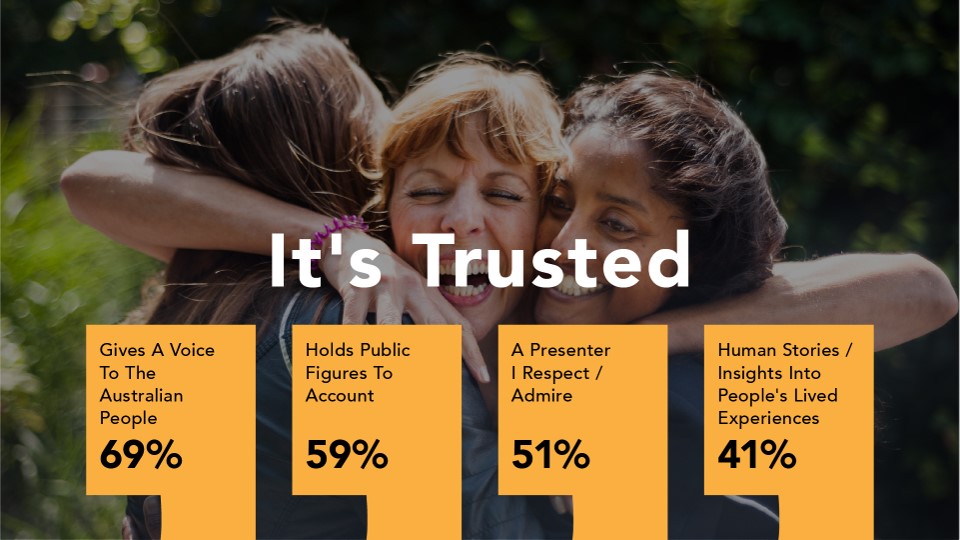A sense of ‘dystopia’ is driving audiences to talk radio: Nine

Talk radio’s importance to listeners, and its recent ratings success, can be somewhat attributed to a growing sense of “dystopia” in Australian society.
Research by Nine Radio which spanned more than 200 video blogs, 20 hours of face-to-face conversations and over 1,00o survey respondents from both talk radio and commercial FM listeners, found “2020’s dystopia, loneliness and lack of substance in human connections has created a connection deficit among Australians”.
This caused people to turn to talk radio as an antidote, Nine said, with 49% feeling more connected, and 55% feeling more involved and stimulated from listening.
“There are three cultural tensions that we’ve seen building that we think can help explain why talk radio is playing such an important role for many Australians,” Andy Moore, strategy director at The Lab, said in unveiling the research.
“The first big cultural tension is the dystopia of today. In Australia, many events over the past year have contributed to people feeling like things are getting out of control. We’ve had bushfires, a pandemic, border closures, and now we’re in the midst of a recession…
Nine Radio research on why people listen to talk radio
“But this tension was building long before 2020 hit. In 2019, two-thirds of Australians told us they believe things couldn’t keep going along the same way.
“The result of this loss of control has left many of us feeling anxious, fearful and, at times, overwhelmed.”
Beth van Koesveld, Nine’s cultural insights manager, said these feelings had been somewhat counteracted by talk radio, which helped listeners feel “calmer and more in control”. 
The profile of talk radio listeners, according to Nine Radio research
Talk radio also, she said, opened up people’s minds, rather than the popular belief that it attracted close-minded listeners.
“It’s honest because it’s an open forum. They like that the discussion is out in the open – it’s not being manipulated or controlled. What was interesting from the research was that some people spontaneously were talking about the idea of ‘echo chambers’, and said that they’re actually using talk radio as a way to break out of them, to check their own biases, to qualify their opinions – ‘Why do I think what I think? Am I being fair? Is there more to it than that?’,” she said.
“They’re also, quite a broad church, and possibly even more so than we were expecting. Some are progressive – about one in four in them have progressive social views. Some of them are conservative. Some are sticking more to a narrow range of news sources, and others are seeking out a wide-range of sources. They have a balance between the different providers.
“Some are listening to be actively challenged, and to hear from people they disagree with. Some are looking more for validation from people who share their views, and many want both of those things. It’s a real mixed bag. Who knew?”



